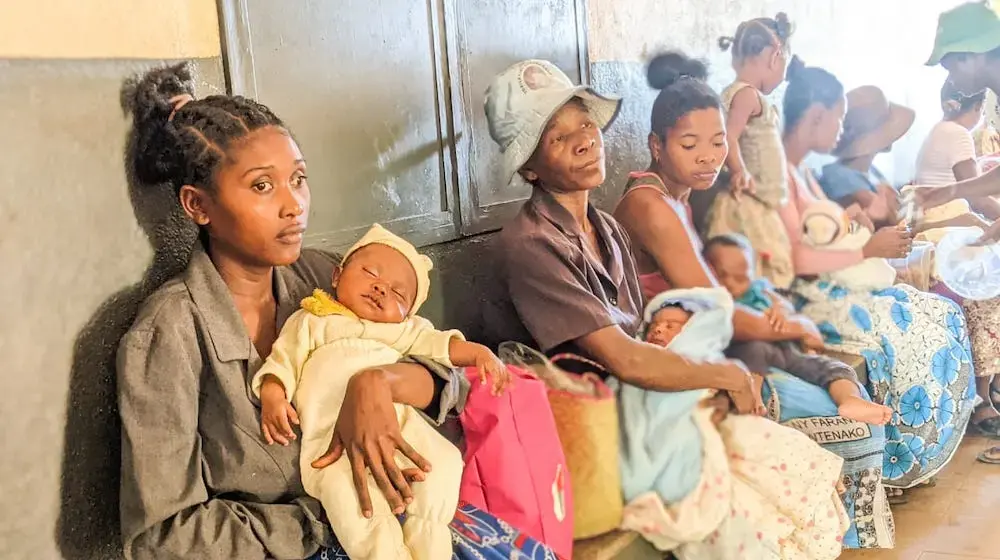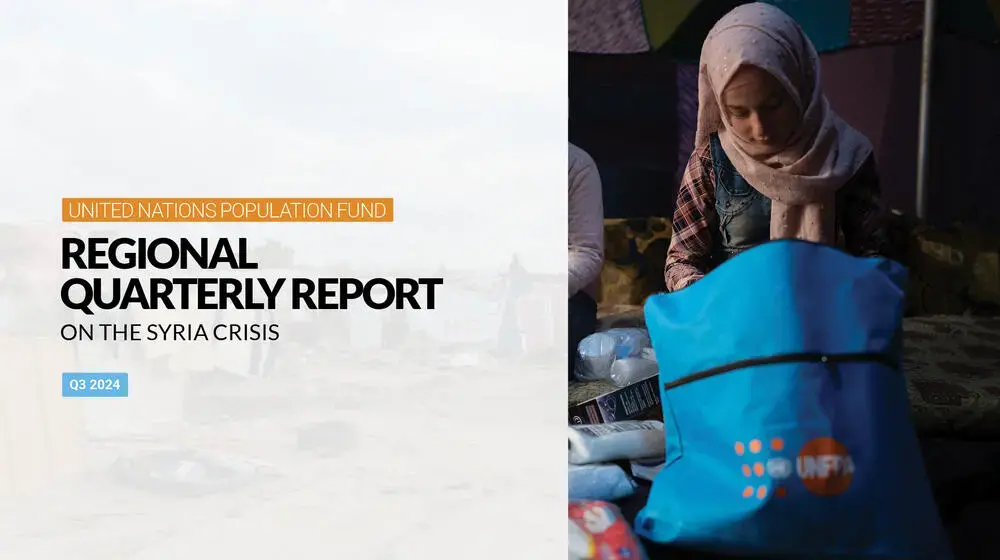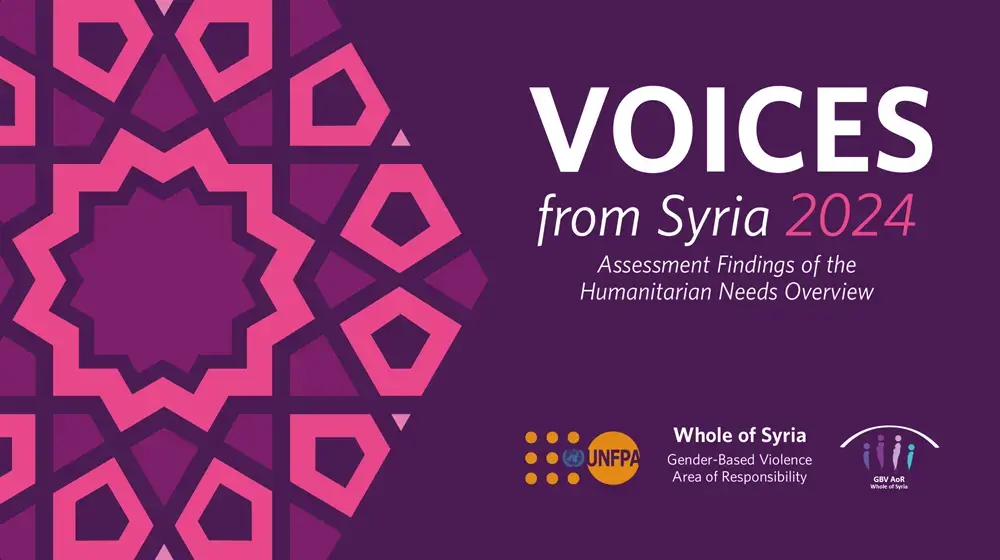For UNFPA, the UN agency for reproductive health and rights, Female Genital Mutilation (FGM) is a violation of the body and the mind of little girls, and a violation of human rights. One of UNFPA’s priorities is to put an end to this harmful practice that threatens the physical and psychological wellbeing of women and girls.
Together with UNICEF, UNFPA is running a joint programme that works at the community, district and national levels to help eliminate FGM and promote gender equality. Partnering with community leaders and local organisations is key to changing long-established social and societal norms.
In the Arab region, FGM is still practiced in Egypt, Sudan, Somalia, Yemen and the Kurdistan region in Iraq. Being able to discuss with communities the myths around FGM, such as it being a religious requirement, is key to UNFPA’s ability to reach out to people openly and candidly. It also requires firm commitment by the governments to invest in massive public awareness campaigns about the dangerous effects of FGM on the lives of young girls, and to impose punitive measures on the perpetrators of FGM.
UNFPA uses various approaches to change people’s perceptions about FGM, including theatre techniques and interactive performances to raise awareness among targeted populations.
Remote video URL
UNFPA uses theater-based techniques to change social attitudes towards FGM in the Arab region
As part of its efforts to adopt and implement policies that protect the integrity of little girls, UNFPA contributed to efforts by civil society and women’s rights groups in Egypt that lead to the criminalization of FGM in the Egyptian penal code in 2016. Such a policy change is a success for human rights in general and for women’s rights in particular. Policies that reiterate women’s rights and their equality to men are the building blocks of more egalitarian societies and a step in the direction of reducing discrimination against women.
But improved laws do not always mean improved practices, especially where practices are harmful and deeply rooted in communities and societies. Criminalizing FGM can only be effective if community leaders themselves declare that such a crime is no longer tolerated and that anyone who perpetuates the practice will be shunned by the community and reported to the authorities.
UNFPA therefore values the fact that, until the end of 2017, 172 communities have declared the abandonment of this harmful practice in the 5 Arab countries where FGM is prevalent (Egypt, Sudan, Somalia, Yemen and Djibouti).
Between 2014-2017, a total of 1,080 families in Egypt and a total of 243 communities in Djibouti, Sudan and Somalia declared the abandonment of FGM as a result of joint efforts between UNFPA and a number of international and local organizations working with community leaders on changing practices.




